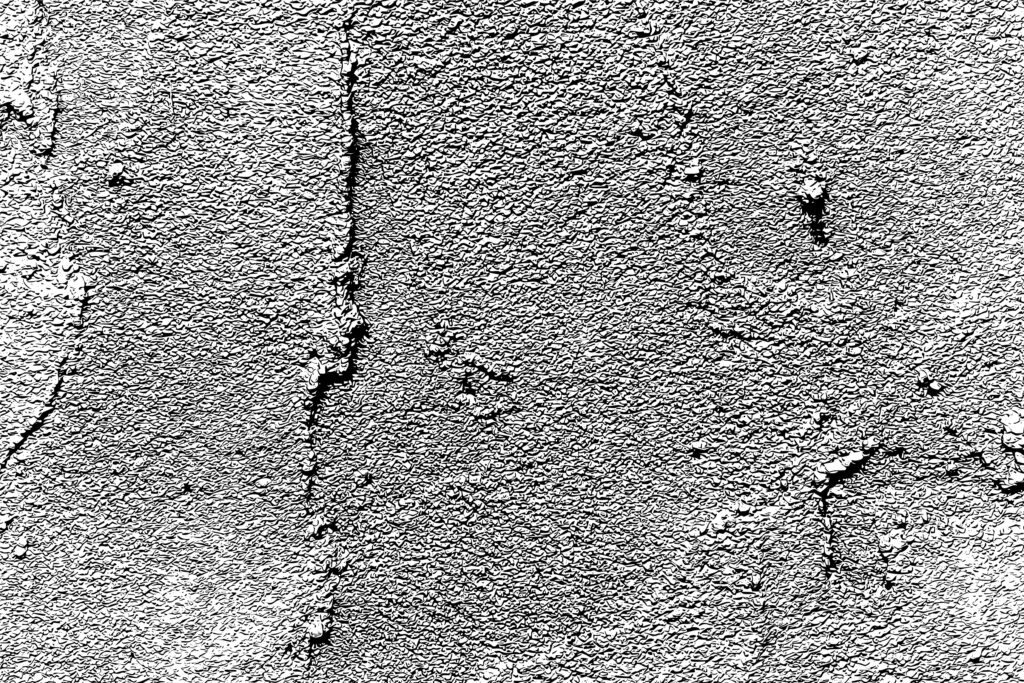Concrete cracks don’t heal themselves. Ignoring them doesn’t make them go away- it makes them grow. Foundation crack repair isn’t just about appearances; it’s about stopping problems before they get out of hand.
You might notice a thin line across your basement wall and think it’s nothing. Months later, that same crack can let in water, warp floors, or even create structural headaches. Small cracks rarely stay small when ignored. Acting early isn’t just smart- it’s essential.
Cracks Are Messages, Not Just Flaws
Every crack tells a story. Soil settling, water pressure, temperature changes, or even nearby construction can leave marks on your foundation. Learning to read them is important.
Observe the width, angle, and location. A zig-zag line might indicate shifting soil, while a vertical crack near the corner could signal water intrusion. One homeowner ignored a vertical crack only to find water pooling near the foundation after a heavy rain. Cracks can also reveal underlying drainage issues or soil movement. Understanding these signs early helps prevent small problems from escalating.
What Happens When You Wait Too Long
Ignoring cracks might seem harmless. A hairline seems tiny and unthreatening. But water eventually finds its way in. Floors warp, carpets get damaged, and mould can appear in hidden corners. That harmless crack can quickly spiral into a major headache.
It’s easy to procrastinate. “It’s just a crack,” you tell yourself. But waiting often turns minor, manageable issues into something that costs thousands to repair. Small cracks rarely stay small, and your foundation silently bears the weight of delayed action.
Quick Fixes That Actually Work
Not every crack requires a contractor immediately. Small cracks can be sealed with epoxy, polyurethane, or DIY repair kits. These solutions can stop leaks and prevent widening- temporarily.
But some cracks won’t be fooled. Anything wider than your thumb, running along structural areas, or accompanied by water is better left to professionals. A helpful tip: after sealing a small crack, mark the edges and monitor it over several weeks. This lets you see if it grows, giving you a clearer idea of whether professional help is needed. Quick fixes help in the short term but don’t solve underlying issues.
When Professionals Step In
Certain cracks demand expert attention. Experts who specialize in foundation crack repair will see water damage, structural deviations, or anything else that you can’t see. They have the training and equipment to properly address issues that would remain unsolved through a DIY approach.
There are times when what appears to be a minor crack could really be hiding a larger concern, such as water damage, compromised supports, or structural deviations behind the wall. When a contractor works on a repair, he wants to be sure that the fix is long-lasting and properly done.
A contractor will be able to recommend not only the right materials for the repair, or tips to fix concrete cracks, but also the fixing techniques and frequency of inspection that can offer their client peace of mind that their repairs will last.
High-Tech Help: Crack Injection Method
For deeper or more severe cracks, crack injection concrete offers a precise solution. A crack in the foundation is injected with either epoxy or polyurethane, which seals it while reinforcing weak areas from the inside.
Essentially, you are giving your foundation an IV. This will fill all gaps, stiffen weak spots, and prevent leaks before they become a larger, more expensive issue. This method is beneficial for homes with older foundations or homes with flooding issues. This method is great for more than just cosmetic cracks, especially cracks that could negatively impact the long-term stability of the house.
Prevention Tips That Actually Stick
Once foundation cracks are addressed, prevention becomes the real work. Soil grading, proper drainage, and seasonal inspections can keep cracks from forming or worsening. Even small adjustments- like redirecting downspouts or checking for puddles near the foundation- make a difference.
Your foundation doesn’t call or text for help. Cracks are its way of speaking. Paying attention, noticing subtle shifts, and acting early saves money, stress, and unexpected repairs. Homes that are maintained this way often see fewer issues over the years. A few minutes each season checking your foundation can prevent hours of panic later.
Takeaway
Concrete cracks are not just blemishes- they’re signals. Some are insignificant, others require action. By taking quick action, knowing whether to tackle the repair yourself, and enlisting professionals when needed, you can keep your home safe, structurally sound, and stable.
Small cracks today can lead to significant issues tomorrow if you neglect them. If you listen to your foundation, take action, and if you can couple small repairs with your contractor like Concrete Crack Repair, you can keep your home formed and solid, and keep your sanity.
A little bit of work today will help prevent headaches later, and in turn, give your home the strength it needs.

